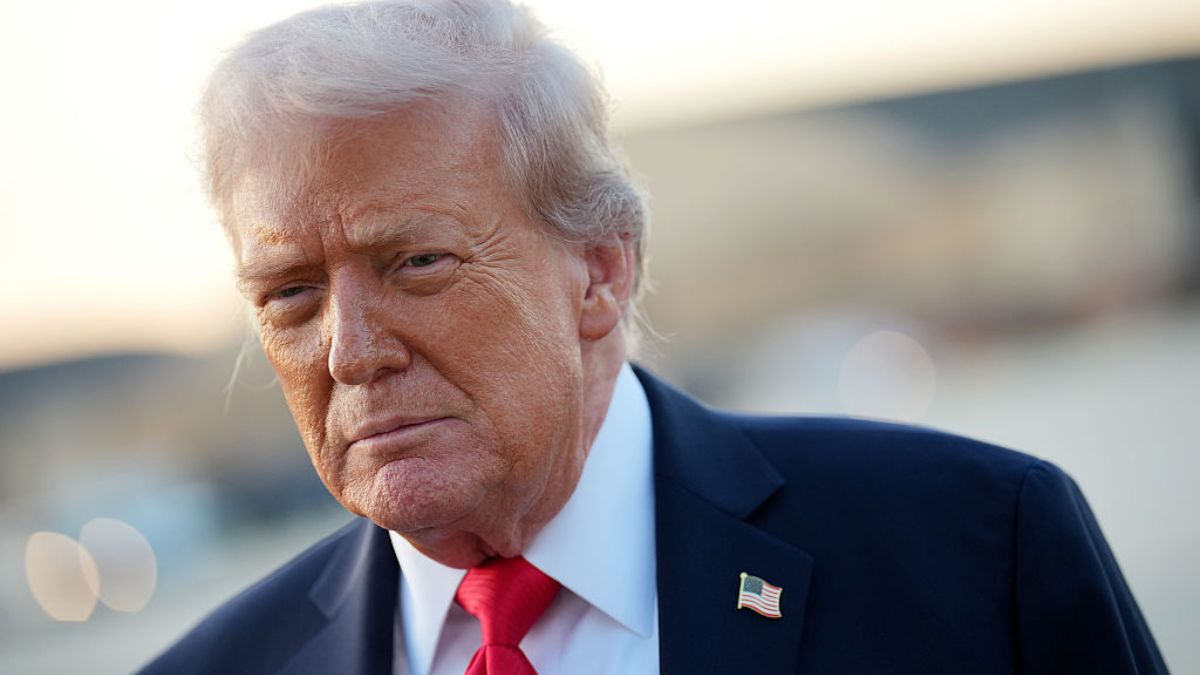
The Trump administration announced Wednesday its plan to revoke a Biden-era rule that put conservation on equal footing with energy development on federal public lands. The proposal targets the 2024 Public Lands Rule, which was designed to allow conservation groups and other entities to lease federal land for restoration purposes.
Interior Secretary Doug Burgum said the Biden administration’s policy would have restricted access to hundreds of thousands of acres across the American West. The rule allowed tribes, states, and conservation districts to lease public lands for preservation rather than extraction activities like mining, drilling, or grazing.
“The previous administration’s Public Lands Rule had the potential to block access to hundreds of thousands of acres of multiple-use land – preventing energy and mineral production, timber management, grazing and recreation across the West,” Burgum stated, according to The Hill. The Trump administration argues the rule came at the expense of other land uses, particularly energy development that supports local communities and the national economy.
Biden’s conservation approach gains new perspective amid policy debates
The Biden rule, finalized in April 2024, represented a major shift in how the Bureau of Land Management handles the 245 million acres under its control. For the first time, the regulation established conservation as a legitimate use of public lands, similar to how oil companies lease land for drilling. The rule created restoration and mitigation leases that allowed qualified groups to invest in land health and habitat protection.
Under the Federal Land Policy and Management Act of 1976, the BLM must manage public lands according to a “multiple use” mandate. This means balancing various activities including energy development, livestock grazing, recreation, and conservation. Critics of the Biden rule argued it violated this balance by giving conservation too much priority, while supporters said conservation had been long neglected in federal land management.
NOT AGAIN
— Bren, Living One Day At a TimePreserving Public Lands is a bi-partisan sentiment. #wtpBlueResists #DV1 #ProtectPublicLands & its flora &fauna.
“Hunters, anglers, hikers and backpackers all praised the Biden public lands rule because it helps ensure access to public lands for future generations” pic.twitter.com/jXFqW6URYV(@bkaydw) September 10, 2025
The conservation rule received strong public support during its development, with 92 percent of public comments encouraging the BLM to adopt or strengthen the proposal. Environmental groups praised it as a necessary tool to address climate change impacts on public lands, including drought, wildfires, and invasive species threats.
Industry groups and Republican lawmakers opposed the rule from the beginning. They argued it could lock up vast areas from energy production and mineral extraction at a time when America needs to boost domestic energy supply. Several states, including North Dakota where Burgum previously served as governor, filed lawsuits attempting to block the rule’s implementation.
The Trump administration’s move to rescind the conservation rule is part of a broader effort to increase energy development on federal lands. Since taking office, the administration has announced several actions aimed at boosting oil, gas, and mining operations on public property. This includes repealing restrictions on development in Alaska’s National Petroleum Reserve and proposing increased mining in areas with greater sage grouse populations.
Environmental organizations strongly criticized the proposed rescission. Vera Smith from Defenders of Wildlife called the move foolish, saying “This rule provided for healthy habitats and now it’s foolishly being yanked away in service of the ‘Drill, baby, drill’ agenda.” Conservation groups argue that protecting public lands is essential for wildlife habitat, clean water, and climate resilience.










